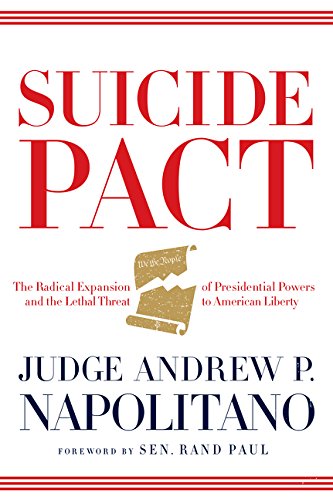I find myself agreeing with about half of Phil Giraldi’s most recent diatribe against Israel, while shrugging my shoulders at the rest. I’d be the last to deny that the Israeli government has taken gross advantage of their “special relations” with the US or that GOP media drool on cue over “the only democracy in the Middle East.” Despite my advanced age, I learned the story about the Israeli military’s sinking the USS Liberty off the coast of Egypt only very recently. This is not the kind of news that our media, and least of all such staunch AIPAC-allies as the Wall StreetJournal, has cared to push to the front. Further, what I did know about this deliberate sinking back in the late 1960s was carefully doctored by all the usual journalistic suspects. Finally I would have to agree with Phil that the antics of AIPAC and their neocon cheering gallery are utterly indecent. These campaigns of distortion and vilification are enough to turn the strongest stomach. AIPAC propaganda does not lag far behind the worst forms of totalitarian disinformation for its mendacity and hysteria. Having seen my own career derailed because of my supposed softness toward the PLO, after a neocon hit squad went after me at a university that will remain nameless, I can assure Phil that I loathe the same people he does, perhaps even more intensely.
Less to my liking is the political yardstick he would apply to both the US and Israel. Phil condemns the Israelis for being what at least one of his bloggers found to be admirable, an ethnically based nation state. I fully share this reader’s position that there is nothing aberrant about such an arrangement. Most Western governments in the nineteenth century, before their turn toward global democracy under American tutelage, were exactly what Phil finds obnoxious about Israel.
Such states sometimes acted on the basis of their belief in the durability of ethnic ties. Although the countries whither their co-ethnics moved might have been justified in trying to alter this relation, the states these emigrants left understandably tried to hold on to their loyalties. In the late nineteenth century Scandinavian and other European states viewed their emigrants who departed for the US as citizens or subjects of the home country.
The other side of this story is better known. Hyphenated Americans, including many Northern European Protestants, showed an attachment to the “old country” for generations after they arrived on these shores. Moreover, in the first post-Communist presidential election in Poland in 1990, adults of Polish extraction residing outside Poland were allowed to cast ballots. A businessman who had immigrated to Canada, Stanislaw Tyminski, finished second in the general race, garnering the votes of ethnic Poles who were then living outside their ancestral country.
 Suicide Pact: The Radi...
Best Price: $0.25
Buy New $2.84
(as of 04:15 UTC - Details)
Suicide Pact: The Radi...
Best Price: $0.25
Buy New $2.84
(as of 04:15 UTC - Details)
 Progressivism: A Prime...
Best Price: $8.99
Buy New $10.95
(as of 08:30 UTC - Details)
Progressivism: A Prime...
Best Price: $8.99
Buy New $10.95
(as of 08:30 UTC - Details)
 The Lone Gladio
Best Price: $2.36
Buy New $15.49
(as of 03:55 UTC - Details)
The Lone Gladio
Best Price: $2.36
Buy New $15.49
(as of 03:55 UTC - Details)
 Real Dissent: A Libert...
Best Price: $8.48
Buy New $7.93
(as of 03:10 UTC - Details)
Real Dissent: A Libert...
Best Price: $8.48
Buy New $7.93
(as of 03:10 UTC - Details)





